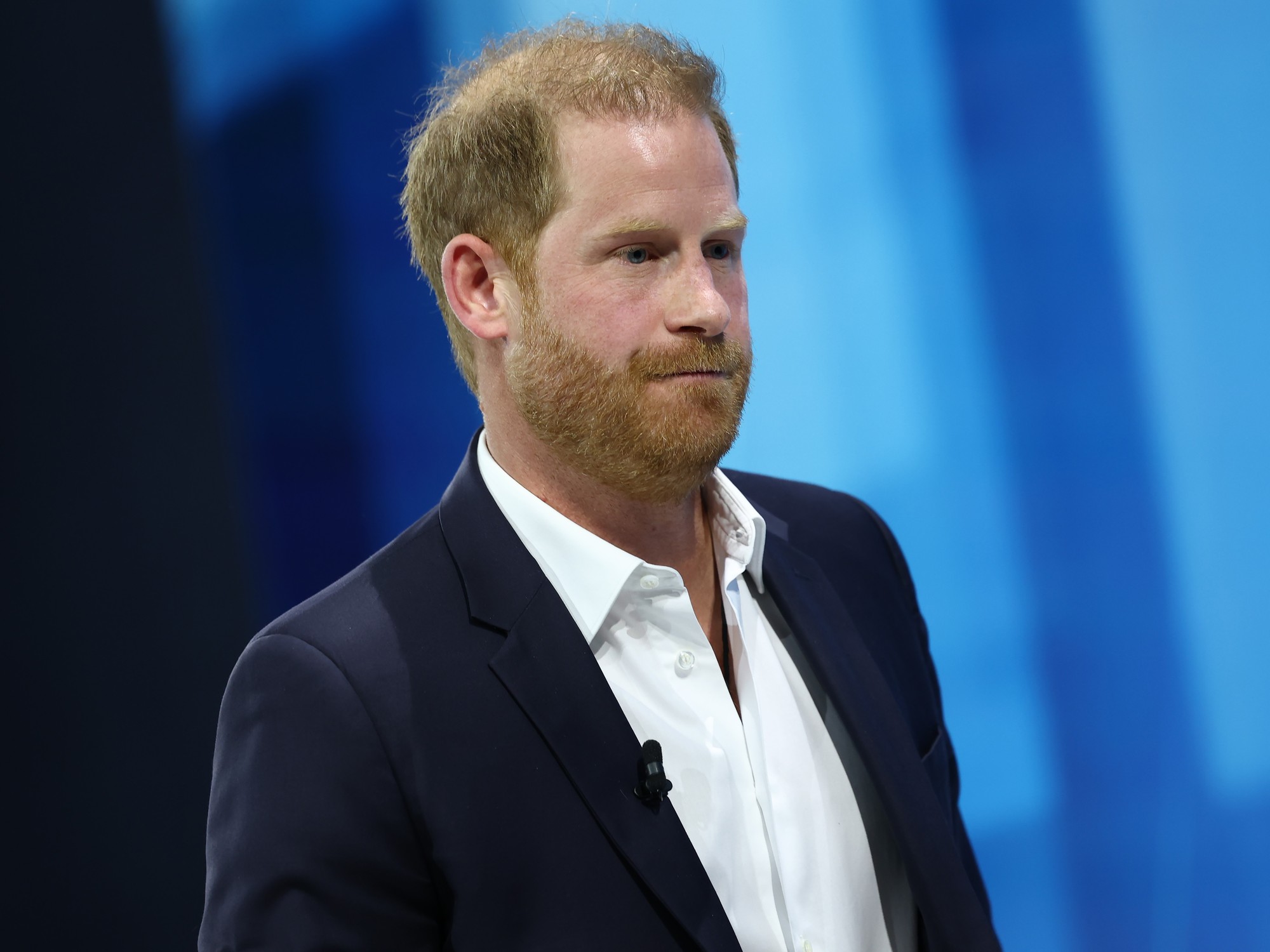The pound fell below its pandemic lows against the dollar on Monday morning after weeks of weakening, sending it to the lowest point in decades
Don't Miss
Most Read
Trending on GB News
The fall will make imports considerably more expensive for Brits, as much global trade is transacted in dollars.
Back in 1985 when sterling was last lower, countries came together to intentionally weaken the dollar against its international counterparts, especially the German deutsche mark and the Japanese yen.
In the so-called Plaza Accord – named after the New York hotel where it was signed – the G5 countries, Germany, the UK, the US, France and Japan, agreed to work towards devaluing the dollar.
The pound has fallen to a 37-year low
Dominic Lipinski
Boris Johnson's time as Conservative Party leader will come to an end on Monday
Peter Nicholls
A five-year growth spurt in the US currency had hurt American manufacturers as it made imports cheaper for US customers to buy.
“This time there will be no Plaza Accord to rescue us,” said Neil Wilson, an analyst at Markets.com.
Before the pound dropped to its nearly 40-year low, Fiona Cincotta, senior financial markets analyst at City Index, said: “Foreign Secretary Liz Truss is expected to take over at the helm.
“However, the pound trading at its lowest level since March 2020 suggests that the market is worried about her strategy of cutting taxes to turbocharge the economy.
“This could easily backfire and send inflation higher still.”
Also on Monday, the euro also dropped below one dollar for the first time in two decades.
It comes as economies across Europe are battered by soaring gas and electricity prices, due to the war in Ukraine and several other factors.
Christopher Dembik, Head of Macro Analysis at Saxo Bank, said:“The new Prime Minister faces a mountain to climb in terms of saving the national economy.
"It doesn’t particularly matter if it’s Liz Truss or Rishi Sunak. They will have to follow only one path: opening up the door for a massive stimulus package and, once the crisis will be settled, increasing taxation.
"Actually, the debate on taxing big corporations could emerge sooner than expected in the UK.“










